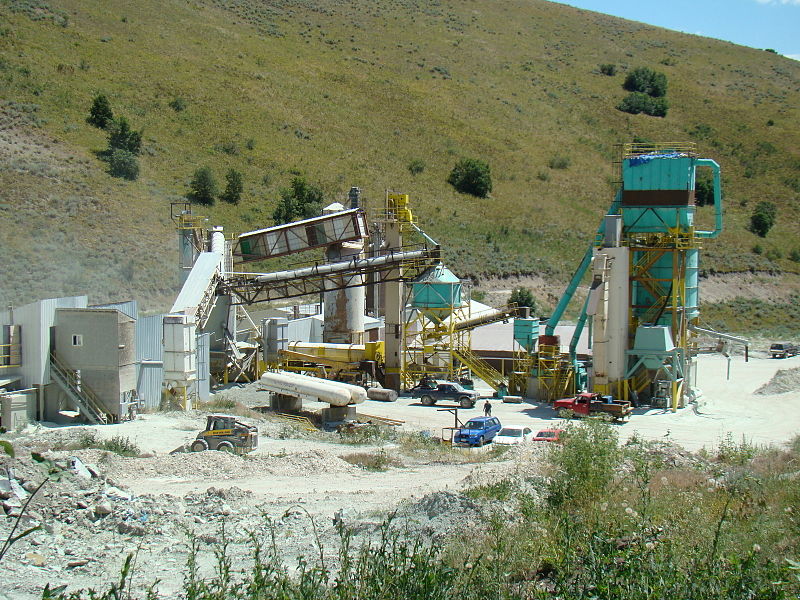What do sheep dips, burial services and industries that use solvents have in common?
The answer is that they can all be possible causes of groundwater contamination and must therefore ensure that they follow the Environment Agency and Defra’s advice to avoid this hazard. There are dozens more industries and activities that can pollute groundwater, so here is a briefing on groundwater contamination.
How does groundwater contamination happen?
The first route is when products such as petrol, diesel, oil or chemicals get into the groundwater after being used in vehicles or stored in tanks. In fact, one of the common reasons for tank decommissioning is that a tank holding one of these substances is a possible hazard to groundwater because it’s not suitable, not in good enough condition, or poorly located.
Agricultural residues from fertilisers and pesticides can also be a contaminant if run-off from the fields enters groundwater. However, you don’t have to be a farmer to be responsible for this kind of hazard. Septic tanks and serving houses that are not connected to the main sewage system are equally a risk. A leaking underground septic tank can leach bacteria into the drinking water system that may cause illnesses such as hepatitis and dysentery. If this is happening, it is often classed as an emergency, with an urgent need to decommission and remove the old tank and install a new one. However, the decommissioning process itself can pose further risks and needs to be managed as required by the Environment Agency. http://www.ashremediation.co.uk/tank-decommissioning/.
Unfortunately, illegal dumping of waste, including fuel and chemicals, can also contribute to the problem.
Why it’s important to get specialist advice
One of the factors that affects how vulnerable the groundwater is in your area is the geological makeup of the strata beneath the topsoil. The most vulnerable areas are those where a porous rock, such as limestone, chalk or sandstone, is covered by a thin layer of soil. An example would be the South Downs in southern England. If groundwater supplies for drinking water are in aquifers fairly close to the surface, there’s an even higher level of risk.
In some areas with this kind of geology, fuel tankers are banned from certain roads near the aquifers because of the pollution that would be caused if they spilled their load.






